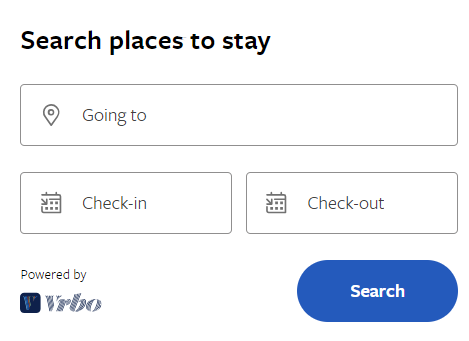Traveling to a new destination can be an exciting and enriching experience. However, it’s important to be vigilant and aware of common travel scams that can ruin your trip. By taking some precautions and being educated about potential scams, you can protect yourself and your belongings while abroad.
Types of Common Travel Scams
There are various types of travel scams that travelers should be aware of. Some of the most common ones include:
- Overcharging: In many tourist areas, vendors may try to overcharge unsuspecting tourists for goods or services. Always research the prices of items before making a purchase and be prepared to haggle.
- Distraction scams: Scammers may use distractions like a spilled drink or a staged argument to divert your attention while an accomplice steals your belongings. Stay alert and keep your valuables secure.
- Fake tickets or tours: Be cautious when purchasing tickets or booking tours from unverified sources. Always use reputable companies and double-check the validity of tickets.
- ATM skimming: When using ATMs abroad, be cautious of skimming devices that can steal your card information. Use ATMs located in secure and well-lit areas.
- Taxi scams: In some countries, taxi drivers may try to take advantage of tourists by taking longer routes or charging inflated fares. Always agree on a price before getting into a taxi.
How to Protect Yourself
To protect yourself from travel scams, consider the following tips:
- Research your destination: Before your trip, research common scams in the area you will be visiting. Knowledge is power, and being informed can help you avoid falling victim to scams.
- Keep your belongings secure: Invest in a secure travel wallet or money belt to keep your valuables safe. Avoid carrying large amounts of cash or wearing expensive jewelry.
- Stay alert: Pay attention to your surroundings and trust your instincts. If something doesn’t feel right, it’s better to be safe than sorry.
- Use reputable vendors: When booking tours or purchasing goods, stick to reputable companies with positive reviews. Avoid dealing with street vendors or unlicensed tour operators.
- Protect your personal information: Be cautious when sharing personal information, especially in public places. Keep your passport and other important documents secure at all times.
Conclusion
Traveling should be a fun and memorable experience, and by being vigilant and educated about common travel scams, you can protect yourself and enjoy your trip to the fullest. Remember to research your destination, keep your belongings secure, stay alert, use reputable vendors, and protect your personal information to avoid falling victim to scams while abroad.
FAQs
1. How do I report a travel scam?
If you encounter a travel scam or believe you have been a victim of one, it’s important to report it to the local authorities or your embassy. Provide as much detail as possible about the incident, including descriptions of the individuals involved and any evidence you may have.
2. Can travel insurance help protect against travel scams?
While travel insurance may not specifically cover losses due to travel scams, it can provide coverage for stolen belongings or other unforeseen expenses during your trip. Be sure to read your policy carefully and understand what is covered in case you need to file a claim.










![From Historic Sites to Modern Marvels: [city/town]’s Best Cultural Attractions](https://i3.wp.com/cdn.pixabay.com/photo/2017/11/21/00/42/christmas-2967062_960_720.jpg?w=180&resize=180,135&ssl=1)









![Unraveling [destination]: A comprehensive exploration for travelers](https://i1.wp.com/cdn.pixabay.com/photo/2018/05/18/04/00/work-3410295_960_720.jpg?w=180&resize=180,135&ssl=1)








